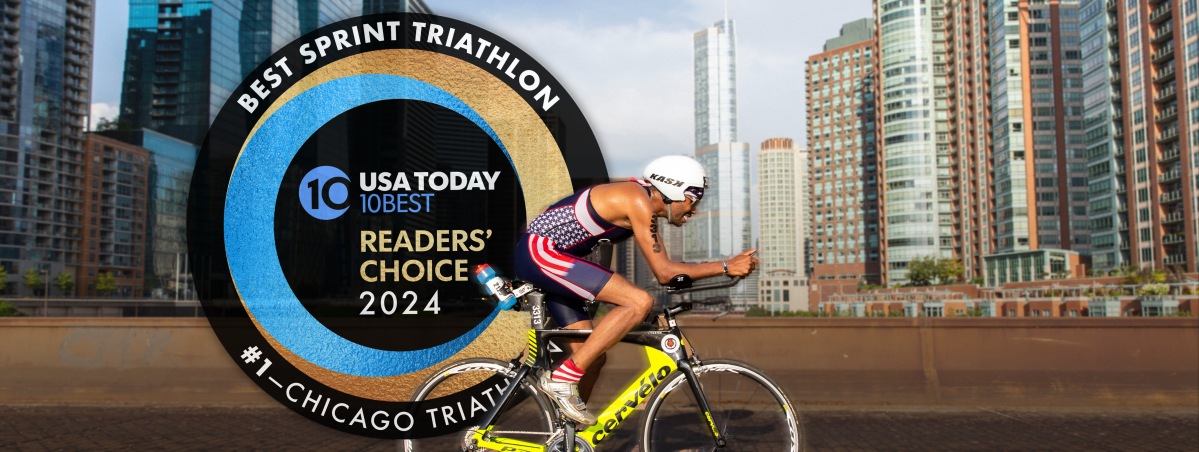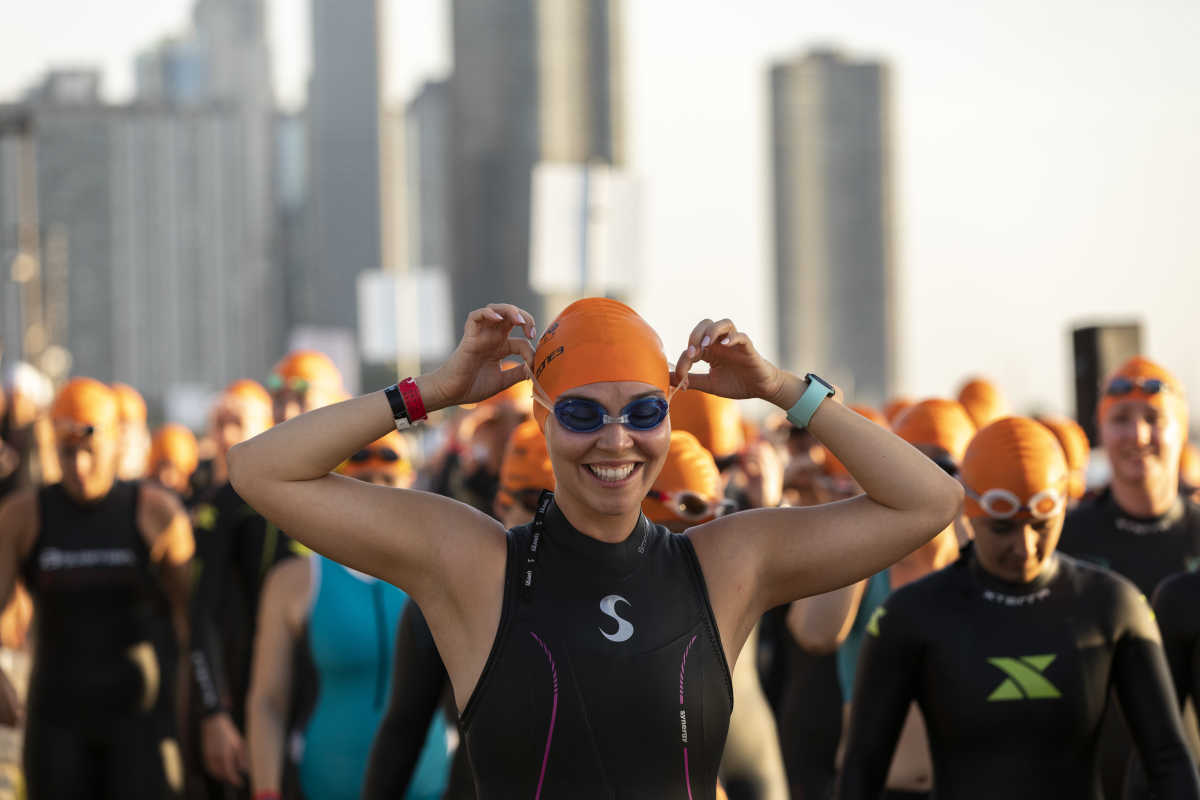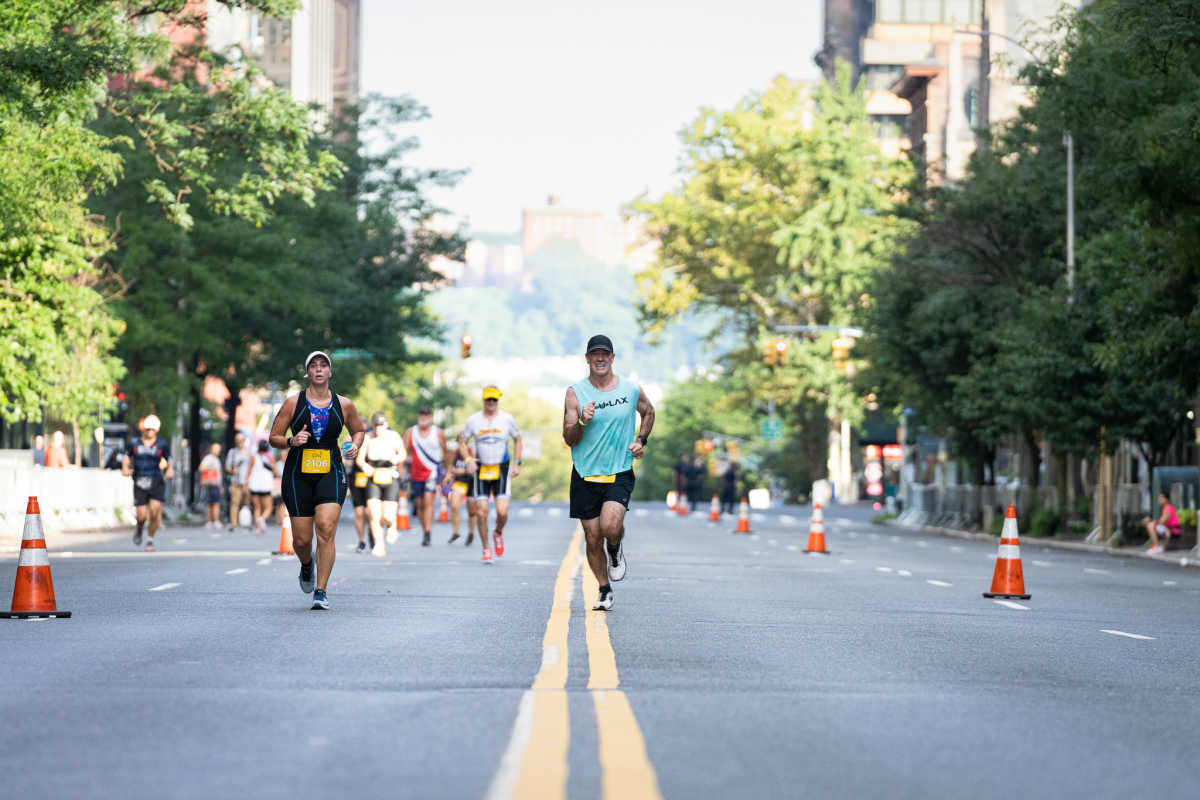Triathlon Majors
Choose your destination

Chicago
One of the world’s largest and most accessible triathlons. Race through the Windy city on August 24-25, 2024.

Long Beach Legacy
Come race a fun, fast and beginner-friendly sprint-distance triathlon in Long Beach, California! Race it before the Olympians and Paralympians do at the 2028 Olympic Games in Los Angeles.

New York
Swim in the Hudson, Bike up the West Side Highway and finish in the iconic Central Park. 2025 Race Announcement coming soon!